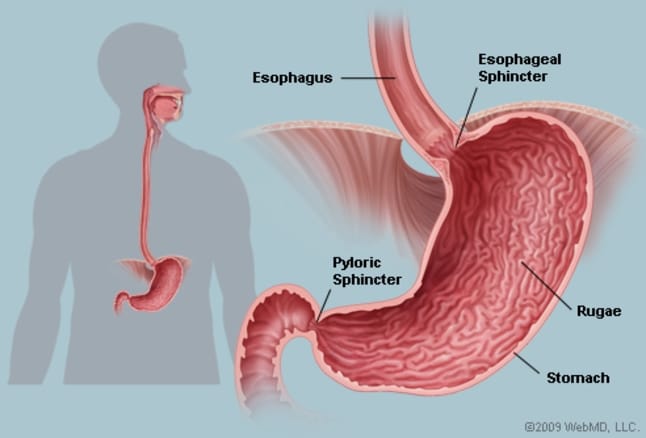The GERD Defense
Typically, the most critical piece of evidence in a DWI is the breath test result taken at the station. This test shows whether the driver was above the 0.08 legal limit. But, this test result can be inaccurate if the driver suffers from certain medical conditions, such as gastroesophageal reflux disease (GERD), acid reflux, and heartburn. Successfully raising a GERD defense can lead to the suppression of the breath test result due to its inaccuracy and unreliability.
When It Goes Wrong
In State v. Swala, a toxicologist that testified that after reviewing medical records he found that the defendant had been treated for “acid reflux.” On that basis, he concluded defendant “could” suffer from GERD and could have burped at or around the time of the breathalyzer test. The defendant didn’t testify. On appeal the court held that the expert less than persuasive.
In State v. Howard, again a toxicologist testified about GERD. However, the judge found that the expert had not done any clinical testing on gastroenteritis or GERD. Nor had he published anything on the subject, thus he was not creditable.
In State vs. Mele, a gastroenterologist testified. While the court recognized that the defendant had GERD, they concluded that she did not suffer from it at the time of arrest. This is based on the officer saying that she didn’t mention it and that she appeared fine.
What We Learned
What one can learn from the above referenced cases is the following.
- Get a medical doctor. The courts found that physicians are reliable as they treat the condition. This could be an internist, gastroenterologist or general surgeon that corrects Gerd.
- If your client plans on using GERD, have them get a scope done of their stomach and esophagus. In a recent case a surgeon used pictures of abrasions and open sores of the defendants throughout the GI tract. Just because someone “looks” fine, it doesn’t mean that they don’t suffer from constant heartburn.
- Have the defendant testify as to burping prior to and or during the test. As someone with GERD I can assure you it is a constant burp that would appear to someone I am merely swallowing saliva.
When Things Go Right
In State v. Brzozowksi, the expert was an internal medicine doctor and the court held that his testimony was creditable. They suppressed the breath tests but still convicted for DWI based on the observations of the officers. So, if your client is visibly falling or slurring speech, unless they suffer from another medical condition such as muscular dystrophy, he or she may still be found guilty.
Other Medical Defenses
A man was taken to the hospital and had blood drawn (which he agreed to) after he crashed his car into a tree. His blood was positive for alcohol. He was diagnosed with a grade 2 concussion. Our neurology expert testified that a concussion of this kind would cause confusion and that the man was unable to make decisions such as agreeing to a blood test. The blood test was suppressed. The expert also testified that the symptoms of intoxication are identical to that of a grade 2 concussion. Thus, the state couldn’t prove intoxication and issued him a traffic ticket.
In another case, a woman with muscular dystrophy had her breath test results suppressed when her pulmonologist testified that she was unable to exhale with the amount of pressure needed to perform the test.
What is Your Argument?
Weather you argue GERD or any other type of medical and or psychological condition, finding the right expert is key to proving your argument. Know that we here at Homestead Medical Experts are committed to finding you the perfect expert. We have medical paralegals that can go over your cases to determine which one is right for you.




